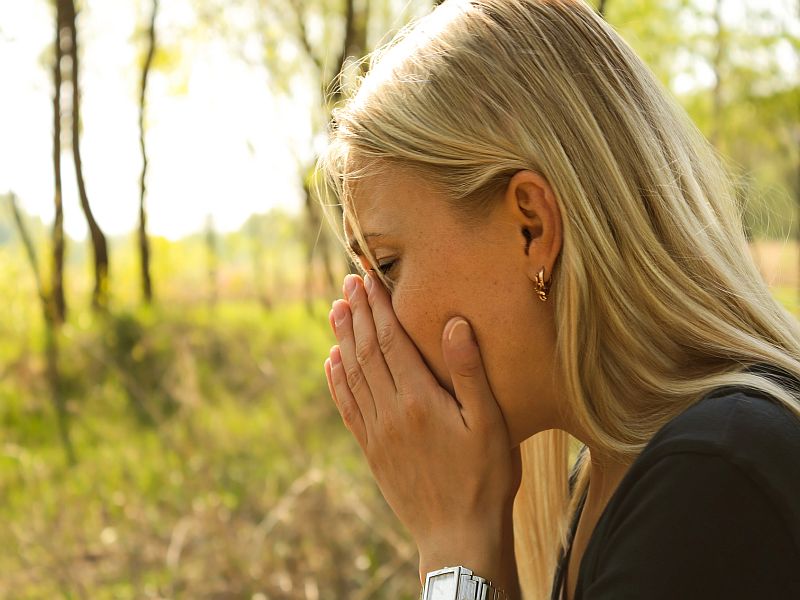Spring Is the Sneezing Season

FRIDAY, March 29, 2019 (HealthDay News) -- Spring is in the air, and that can mean misery for people with seasonal allergies.
"Allergies affect millions in the U.S., and while is there no way to avoid irritants like pollen entirely, there are simple solutions to mitigate allergic reactions," said Dr. Joseph Cooke, chair of the department of medicine at New York-Presbyterian Queens Hospital.
"If you want to reduce allergy symptoms you should pay attention to the pollen index, use vacuums designed to better pick up common irritants, and use antihistamines prior to being outdoors," he said in a hospital news release.
Check pollen counts daily. When the pollen count is high, consider limiting your time outdoors. Pollen counts tend to be highest midday, so try to schedule outdoor activities in the morning or late afternoon.
If counts are high and you have to go outside, use antihistamines two hours prior to going outdoors to reduce your allergy symptoms, Cooke said.
When the pollen count is high, close your windows and consider turning on the air conditioning.
Change your home's air and furnace filters as recommended to reduce allergens and improve air quality. A vacuum with HEPA-filtration technology can help remove pollen and dust from your home, Cooke said.
Another way to reduce allergens in your home is by taking your shoes off when you enter the house and leaving them by the door. Change out of your work clothes and keep them away from your bed. Be extra-diligent about personal hygiene, washing your clothes and cleaning the house.
Understand your allergy. There are about 30 different types of pollen and it is possible to be allergic to more than one type, Cooke said. If you regularly suffer from allergies, consider asking your doctor about an allergy test.
Using saline eye drops and rinsing your nasal passages with a saline solution can reduce irritation, nasal congestion and drainage, Cooke said.
More information
There's more about spring allergies at the American College of Allergy, Asthma & Immunology.

The news stories provided in Health News and our Health-E News Newsletter are a service of the nationally syndicated HealthDay® news and information company. Stories refer to national trends and breaking health news, and are not necessarily indicative of or always supported by our facility and providers. This information is provided for informational and educational purposes only, and is not intended to be a substitute for medical advice, diagnosis, or treatment.

